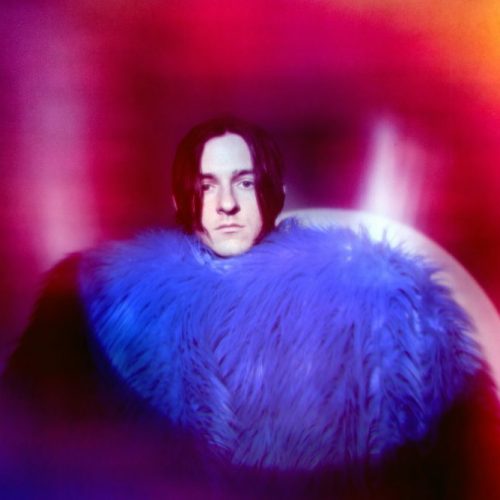No two panic attacks are the same. I’ve had more than a few in my life: I’m on the autism spectrum, which either causes or enhances my naturally anxious, sensitive disposition. Some of them came on suddenly, while others simmered for an afternoon and boiled over in the evening. Some of them were brought on by something relatively serious (the loss of a phone, for instance), while others were petty and irrational (in day camp, I was once paralyzed with terror at the idea of scraping my feet along the edge of a swimming pool while diving.) Some looked how you’d expect, with bug-eyes and hyperventilation; others resulted in screaming fits or mute, frozen horror.
It’s been a while since I’ve had a full-on panic attack, but I can still remember how it feels. The mind casts aside all reason and logic, plunging you into a dark, primal worst case scenario. People start to stare at you, out of concern or annoyance or amusement, and that only makes it worse. More than anything, you feel trapped: whether you’re in a classroom or an office or the top of a water slide, you feel as though you’ve been backed into a corner, helpless to do anything but cry and cower as something terrible advances upon you.
Stewart Bronaugh, a former member of Angel Olsen’s backing band and the man who performs as Lionlimb, started getting panic attacks a couple of years ago. The song he’s written about it, “Loveland Pass,” is named after a mountain pass in the Colorado Rockies that has seen numerous avalanches and fatal crashes. “When I wrote this song I felt like I was having my own avalanches,” Bronaugh says. “The tiniest thought [was] capable of feeding back into intense fear and panic…once something would get knocked loose up there and start to slide there wasn’t really anything you could do.”
That’s a great description of a panic attack, and it shows that Bronaugh really understands what he’s singing about. “Loveland Pass” doesn’t sound like a song about panic attacks: it rides a rich, stirring piano riff, filled with hope and forward momentum, and it builds to a beatific oturo. But while “Loveland Pass” is ultimately an optimistic song, its good feelings are shot through with uncertainty. “After this one’s passed, I’m gonna see you on the highway,” Bronaugh sings at the beginning, before starting to worry: “After Loveland Pass/I pray we don’t crash too.” The titular pass represents some past disaster that Bronaugh wants to put behind him, but he knows that one wrong turn or errant rockslide is all it takes.
No one expects disasters to happen; if they did, they wouldn’t be disasters. Our lives, like our mental health, can be knocked off its axis by any number of things, big and small. The idea is to focus only on what you can control, accepting what can’t be changed or predicted. I have not mastered this skill, and I likely never will. Maybe Stewart Bronaugh hasn’t, either, but “Loveland Pass” feels like a healthy approach in its own right. If you don’t know when an avalanche will come, you might as well enjoy the quiet days while you have them.







